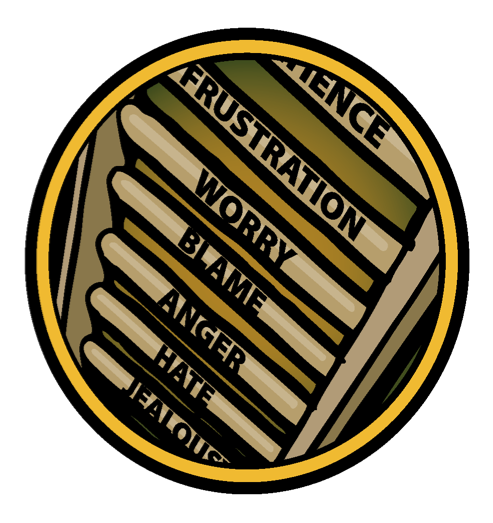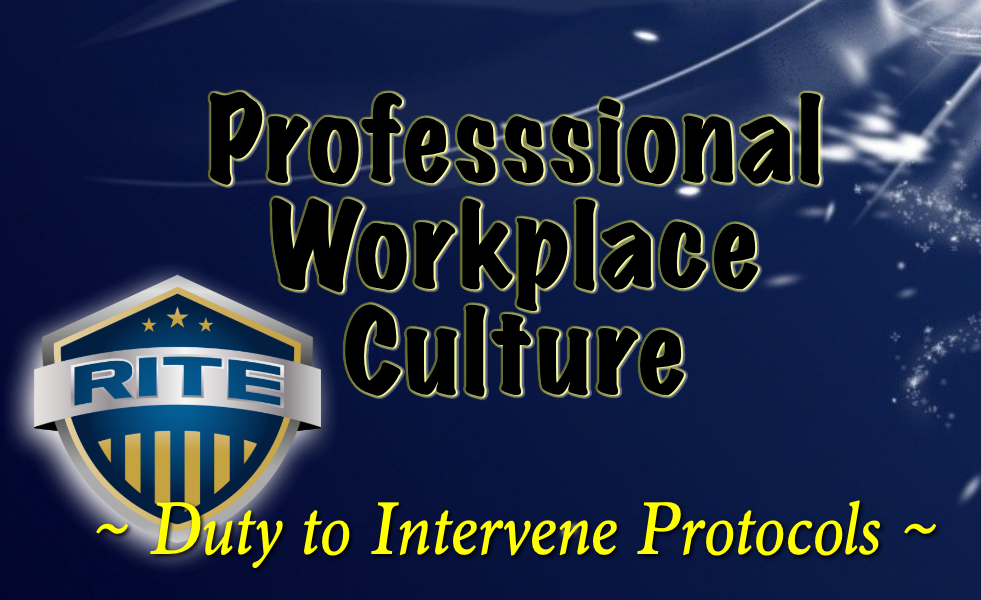The recent viral video from Pocatello, Idaho, involving a police response highlights the critical need for continuous learning and improvement. While acknowledging the split-second decisions officers face, this situation presents an opportunity to analyze potential contributing factors.
Unpacking “Block-Out Syndrome”: The Idaho Video and Elements of Officer Response
- 911 call provided little or no prior history of the residence
- Officer’s primary understanding was a potential weapons call involving a possible stabbing and individuals in immediate danger
- Reportedly unaware of any mental health concerns related to the situation
- Body camera footage indicates attempts to de-escalate by repeatedly commanding the individual to “drop the knife.”
Apr 18, 2025 NewsNation – Police in Idaho released body-worn and security camera recordings Thursday showing officers fatally shooting an nonverbal 17-year-old boy, who was holding a knife from the other side of the fence
Examining the response using RITE’s “Block-Out Syndrome”: (based on CNN report quotes)
- Potential Lack of Behavioral Self-Control: CNN reported, “Officers opened fire within about 12 seconds of getting out of their patrol cars.”
- Escalated Emotions: The CNN report noted that officers “made no apparent effort to de-escalate the situation” beyond verbal commands.
- Lack of Situational Awareness: According to Vazquez, as reported by CNN, “Everybody was trying to tell the police, no, no.”
- Perceived Lack of Empathy: CNN quoted Vazquez stating, “Those four officers didn’t care. They didn’t ask what was happening, what was the situation.”
- Contagious Shooting occurs when the initiation of gunfire by one officer triggers a similar response in others, a phenomenon driven by clouded perception and the influence of peer gunfire.
RITE’s Definition of Block-Out Syndrome: A rapid escalation of a situation can lead to a complete loss of control.
When experiencing Block-Out, logical reasoning is often overridden by reactive impulses rooted in anger, frustration, or fear – this refers to the bottom of the RITE Ladder.
Officers can quickly descend the RITE Emotional Energy Ladder, leading to negative emotions and potentially escalating situations with severe consequences. The connection drawn between a lack of Emotional Intelligence (EI) and “Block-Out” is crucial.
Points to illustrate the internal state of an officer in Block-Out:
- Cloudy thought process: This impairs judgment and the ability to make sound decisions in dynamic situations
- Limited space of mind: This suggests a narrowed focus, potentially causing officers to miss critical cues in their environment or the behavior of others
- Shallow breathing: This physiological response to stress can further intensify anxiety and hinder clear thinking
- Lack of empathy becomes apathy: This worsens the ability to connect with others, understand their perspectives, and respond with compassion, potentially leading to a dehumanizing view of the situation.
- Minimizes sanctity of life: This is the most concerning outcome, indicating a diminished value for human life and an increased risk of excessive force.
Officers in Block-Out display a dangerous breakdown in professional conduct and decision-making:
Self-agenda dismisses agency Protocols and Procedures:
This undermines the very foundation of standardized and safe policing practices, leading to unpredictable and potentially harmful actions.
Lack Situational Awareness and Empathy:
This combination blinds officers to crucial cues increasing the likelihood of misinterpretation and inappropriate responses.
Didn’t use De-escalation Techniques:
This critical failure is often the key to resolving situations peacefully and preventing harm.
Use profanity or yells louder and louder:
This escalates tension, demonstrates a loss of control, and potentially provokes the individual involved.
Escalates unnecessarily:
This indicates a reactive rather than a strategic approach, turning manageable situations into crises.
Applies Excessive Use of Force:
This resulting in injury or even death and often stemming from the preceding breakdowns in judgment and control.
Out-of-Control until…
Another Officer Steps in, Taps out, and Takes over: At this point the officer requires external intervention to regain control and prevent further harm.
Emotional Intelligence, through practice and training, is fundamental for positive interactions and effective policing. Emotional Self Awareness is the starting place for behavioral self-control.
Recognizing one’s own emotional state in the moment is the first step towards managing emotions and preventing them from dictating negative actions.
The principle of needing to control oneself to control a situation is a cornerstone of emotional intelligence in high-stress professions and dealing with the public.
“The greatest asset a police officer has is their ability to use their voice to de-escalate any situation.” ~ Linda Webb, RITE Co-founder
This highlights the importance of verbal skills, guided by emotional intelligence, as a primary tool for conflict resolution and maintaining safety. Together, these points strongly advocate for comprehensive EI training for law enforcement officers as a crucial element in promoting safety, de-escalation, and positive community relations.
Every officer should watch this short TED Talk. Fred Jones, a Certified RITE Trainer, used what he learned in class every day, not only as an Officer, but also in his personal life.
Officers of every age, skin color, race, rank, and gender can either escalate the situation with use of force or learn this Secret to de-escalate.
Taking a proactive approach to address these issues indicates a recognition at the leadership level for training that goes beyond traditional law enforcement tactics. Drawing lessons from events like the one in Idaho underscores the real-world impact and the urgency of finding effective strategies to mitigate negative outcomes.
Agency commitment must include:
- Invest in Officer well-being: Providing tools to manage their emotions and navigate stressful situations more effectively can reduce the personal toll of the job.
- Community safety: By emphasizing de-escalation and emotional intelligence, the goal is to reduce the likelihood of unnecessary escalation and use of force
- Reduce liability: Addressing potential issues proactively can help mitigate legal and financial risks associated with incidents of misconduct or excessive force.
- Build public trust: Demonstrating a commitment to training that emphasizes communication, empathy, and de-escalation.
Proactive leaders are looking for solutions that focus on the human element of policing and the power of emotional intelligence. This suggests a growing understanding that effective policing requires more than just tactical skills; it demands a high level of emotional competence.
About RITE
Over the last 10 years, RITE Academy has trained over 2000 police agencies in Emotional Intelligence. Helping officers on how to recognize the onset of Block Out Syndrome. RITE Training uses physical cognitive imprinting tools, giving the officer better control of their own emotions in every situation.
Block-Out Training helps officers recognize when they might be falling into a bad situation, as well as recognize the Block-Out Signs in others, to apply Duty-to-Intervene Techniques… Step In, Tap Out, and Take Over.
RITE Training helps ALL public servants improve internal communication that improves officer mental health and wellness. When you learn to control your emotions, you learn to control every situation, and help others that are in need. Contact us on how to bring RITE to your agency.





